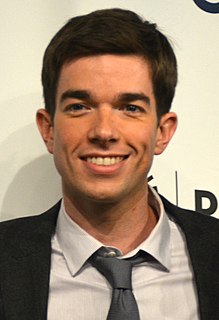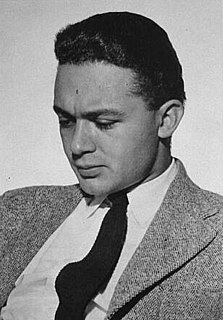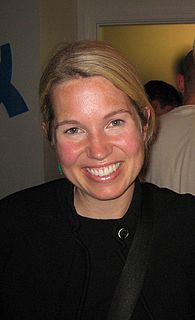A Quote by Lars Peter Hansen
I view the work I've done related to statistics and economics as, roughly speaking, how to do something without having to do everything.
Related Quotes
I started in the law; and the study of law, when it precedes the study of economics, gives you a set of foundation principles about how human beings interact. Economics is very useful, and I studied economics in graduate school. But without understanding the social and organizational context of economics, it becomes a theory without any groundwork.
Well, my view before was a Western view, and I certainly understand marriage equality and civil rights, equal rights for all, but having visited developing nations and some of the poorest nations in the world, I realize how deep it goes and how much work really needs to be done to create equality for all.
My skills weren't that I knew how to design a floppy disk, I knew how to design a printer interface, I knew how to design a modem interface; it was that, when the time came and I had to get one done, I would design my own, fresh, without knowing how other people do it. That was another thing that made me very good. All the best things that I did at Apple came from (a) not having money, and (b) not having done it before, ever. Every single thing that we came out with that was really great, I'd never once done that thing in my life.
Not keep a journal! How are your absent cousins to understand the tenor of your life in Bath without one? How are the civilities and compliments of every day to be related as they ought to be, unless noted down every evening in a journal? How are your various dresses to be remembered, and the particular state of your complexion, and curl of your hair to be described in all their diversities, without having constant recourse to a journal?
I have been using the computer as a work aid since the mid-90's. It is extraordinarily well suited to how I think and work and has transformed my practice. Nearly everything I have done in the past 15 years would have been impossible without it. I use the computer for drawing, composing and colour planning everything, from postage stamps to paintings to architectural-scale installations.



































